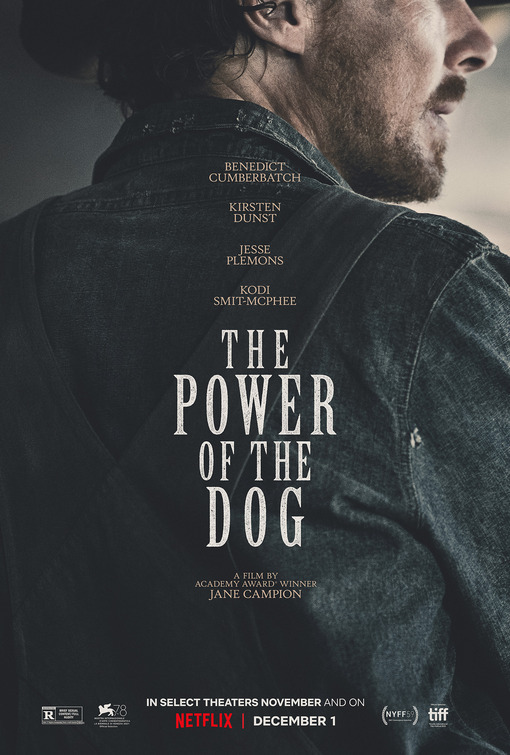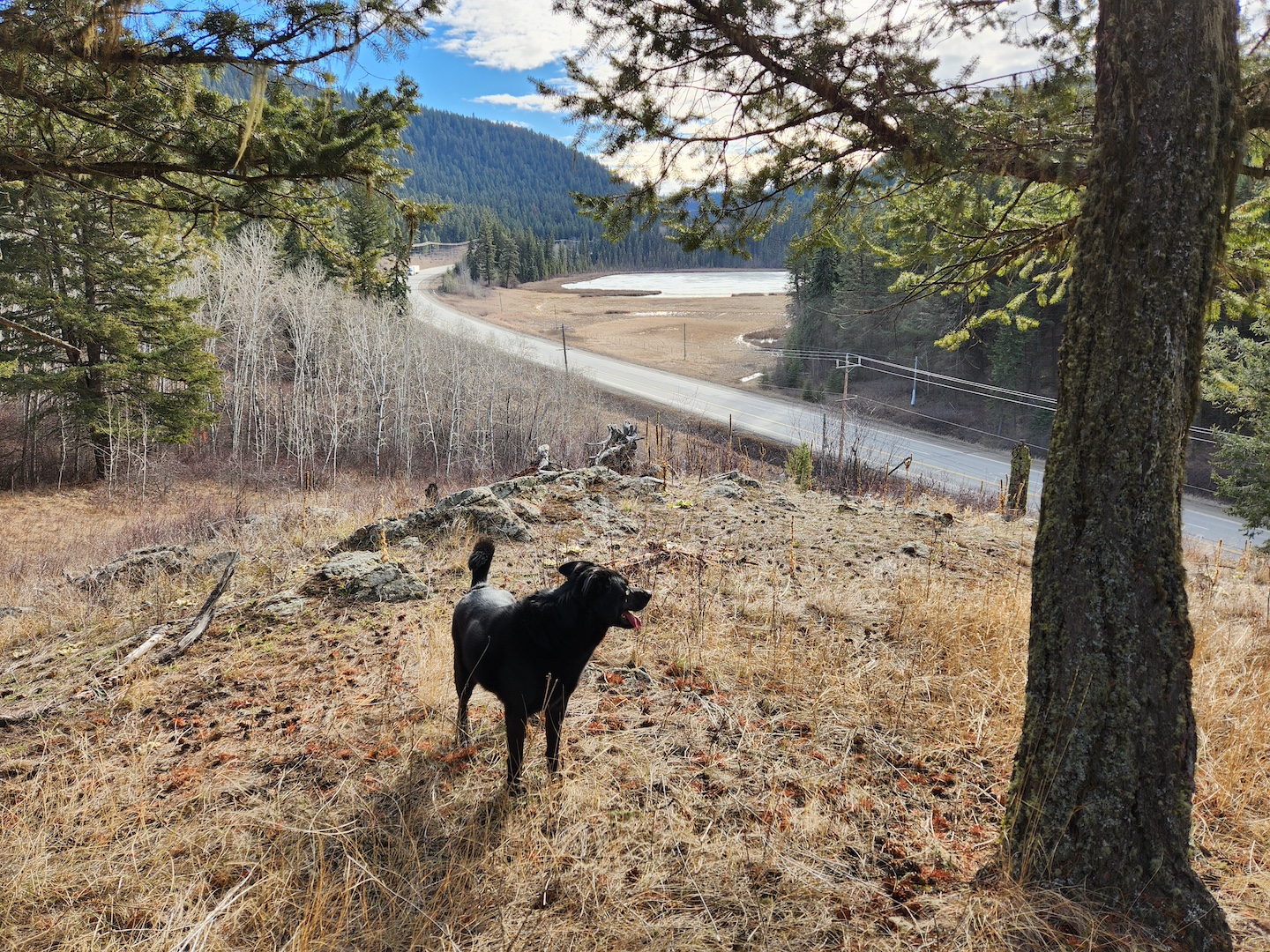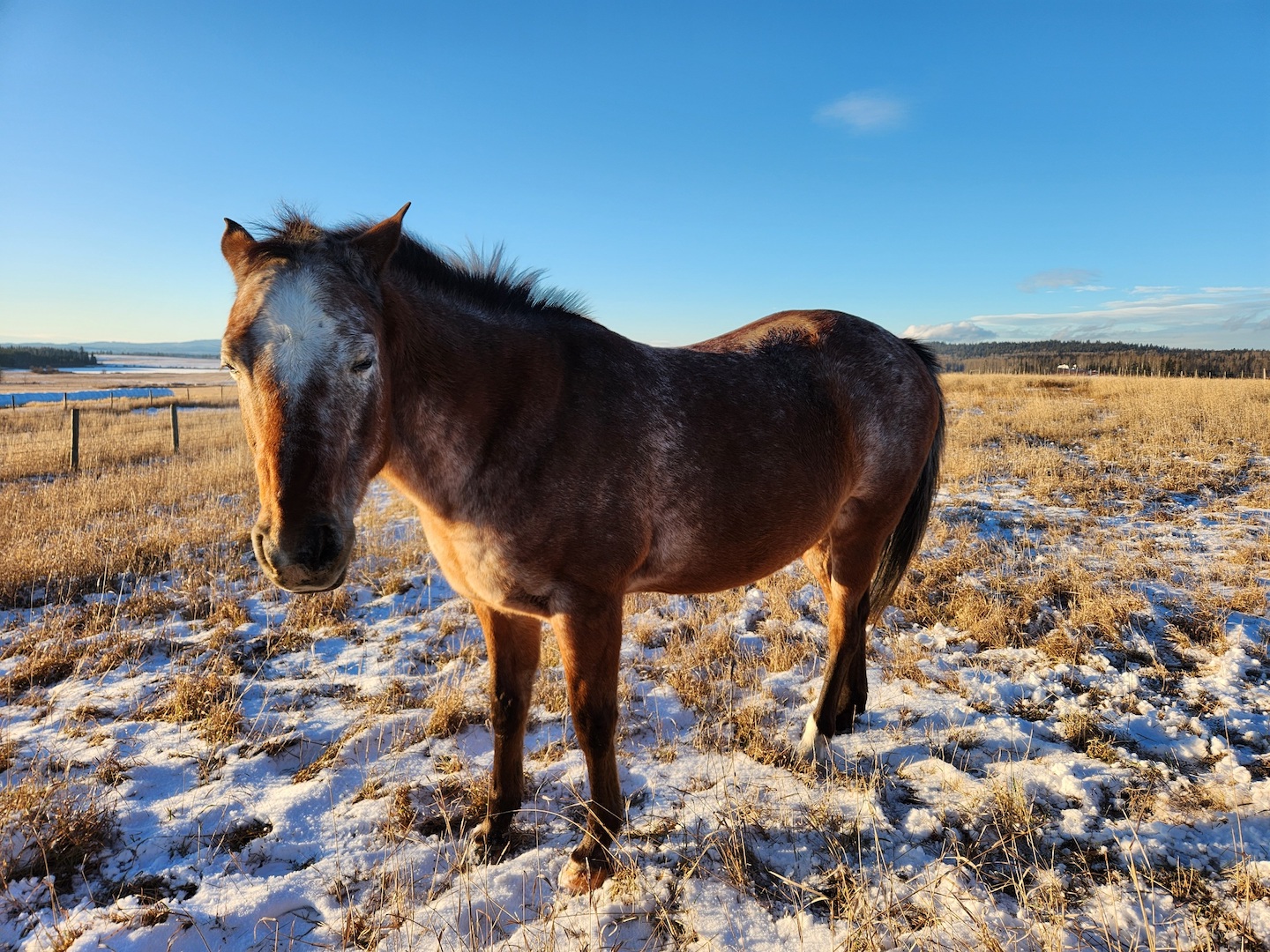Starring: Benedict Cumberbatch, Kirsten Dunst, Jesse Plemons, Kodi Smith-McPhee
Director: Jane Campion
Released: 2021
Mood: If you’re feeling super angsty and dramatic and existential and want to sink deep into wallowing because that’s where your best work comes from.
Deliver my soul from the sword; my darling from the power of the dog.
Psalms 22:20
The Power of the Dog is a dark and twisted Western if ever I saw one.
This brand new, star-studded film came up on my Netflix recommendations, and I was instantly drawn to the cast. What an impressive roundup! So I casually threw it on as Saturday afternoon Western pleasure-viewing without reading a single thing about it.
Well. The Power of the Dog is NOT here for a good time. Just a long time. A long, painfully miserable time. An agonizingly long, emotionally abusive time that will make your heart weep and trigger all of your flight instincts. There is literally no joy in this movie, anywhere. If you thought The Homesman was depressing, you ain’t seen nothin’.
- It deals with homophobia and repressed homosexuality
- It deals with alcoholism
- There’s a lot of animal carnage
And despite it’s bleakness, it’s a remarkable, must-see film – IF you’re feeling the right type of way.
This is not the movie to watch if you’re craving “a Western”. Like… throw away everything you expect from a Western, it’s not that. Besides the grit, grizzled cowboys, and gorgeous scenery, The Power of the Dog has nothing in common with what you expect from the genre.
If you enjoy the occasional Revisionist arthouse Western in your diet, like 2007’s Assassination of Jesse James by the Coward Robert Ford, AND you dig slow-burn suspense with hints of noir, that’s the closest I can describe it without giving way the best plot points.
On that note: the ending left many critics saying “did he or didn’t he?” – but not me. I think the score and cinematography perfectly deliver the hints that lead to the answer. But I won’t say more on the juicier twists until the end of this review.

The Power of the Dog is based on a 1967 novel of the same name, and takes place in Montana, 1925. Phil (Benedict Cumberbatch) and George Burbank (Jesse Plemmons) are wealthy, isolated ranchers.
Phil likes it like that; he’s a dark man who you can tell gets off on bullying people, including his brother. George is always on eggshells, carefully choosing his words and keeping his face neutral. Right from the get-go you’re like okay, when is Phil going to do the horrible thing that this movie’s probably about.
They meet soft, gentle widow Rose (Kirsten Dunst) and her son Peter (Kodi Smit-McPhee). Phil immediately goes for the throat on the slightly effeminate Peter with a flurry of insults and intimidation tactics. George is drawn to Rose, and before you know it – seriously, blink and you miss the single reference to it – they’ve got hitched.
Phil cannot handle any threats to his complete tyrannical hold on his empire, so he makes it his life’s purpose to break Rose. And he does a fantastic job of it, until he decides to use Peter as a weapon.
![]()
I was relieved when The Power of the Dog was over, because although it’s an astounding film, it’s REALLY f*cking hard to watch. The depiction of bullying and emotional abuse is ugly and honest. But even while you’re hiding under a blanket for safety, you can’t help but appreciate how well it’s all done.
- Ari Wegner’s cinematography should be the dictionary definition of “chef’s kiss” awesomeness
- The story is slowly unfurled through a thoughtful mix of exquisite and wholly Western landscapes, echoey interior shots that look innocent yet make your heart pound with mounting fear… and these closeups of specific expressions, reactions, or details that tell you more about each character than their words
- The scenic shots are especially impressive given that it was filmed in rural New Zealand – this is the first time I’ve EVER watched a Western shot outside North America and not been constantly distracted
- The score plays perfectly with the story, toying with your mood and giving each shot a little extra something if you’re paying attention
- This is also, deservingly, the most review space I’ve ever devoted to cinematography
You could make a case for any of the leads as the standout performance in The Power of the Dog. They all deserve awards. And hugs, because it must have been brutal to live in this world while filming, especially with Kirsten Dunst and Benedict Cumberbatch going method.
Having grown up watching Dunst’s every movie from Interview with the Vampire to Bring it On and beyond, I thought I wasn’t going to be able to buy her as a widow with a young adult son.
But let me tell you, she grabbed hold of me like a drowning person, and hauled my emotions all the way to the dark depths with her. It’s been 24 hours and I can still perfectly picture her face in each and every scene of emotional torture. She goes from this lovely widow to a sweaty, messy, ruined woman, and really captures the invisible bruises of this type of abuse.
Honestly, her performance had me the most riveted, and increasingly anxious about what was to come. 10/10, she’s joined my list of the best women in Westerns.
I never thought I’d be talking about Benedict Cumberbatch in a Western. But if you’ve read my other reviews you KNOW how much I love a surprise Western performance, and this is no simple surprise. It’s an outright shock to your core.
You absolutely loathe Phil from his first scene to the last. He is this next-level cruel that you just don’t see in a lot of Westerns, because although he seems like he’s going to flip out and beat or even murder someone (like a typical Western baddie), his attacks are instead in the form of carefully orchestrated emotional violence.
Cumberbatch is absolutely f*cking harrowing in his delivery. You watch his eyes as he chooses a target, narrowed as he delivers blow after blow, and then the quirk of his mouth and fiendish glint of delight as he watches his victim’s pain. It’s a masterclass.
I was ‘meh’ about Kodi Smit-McPhee in Slow West, because I didn’t like his character or story. Here though, holy shit – there is so much to watch. Peter seems soft and delicate like his mother, making paper flowers and lisping ever so slightly, so you put him in a certain kind of box and expect that he’ll be the hardest hit of the victims.
But the way Peter is written, and the way Smit-McPhee delivers this fine balance of cold, clinical logic and precision manipulation… you don’t expect much from his character, and then you’re totally wrong and it’s grimly satisfying.
My only real complaint with the casting is that the talent of Keith Carradine is wasted on a microscopic character.
![]()
The Power of the Dog was a film festival favourite, and won multiple Golden Globes including Best Motion Picture – Drama, Best Supporting Actor (McPhee), and Best Director for Jane Campion. And mad props to her for finding this ‘60s novel, turning it into an enigmatic screenplay, and then delivering a film so unique that defies all of the usual Western subgenre boxes.
It’s not just for any Western fan. You definitely have to be up for the task of handling everything The Power of the Dog dishes out. I think I could only watch it again if I was with a friend. Or a bottle of wine, which is the same thing.
Stop reading now if you want to avoid spoilers.
Spoiler Alert: Did Peter Kill Phil?
Let’s talk about that ending.
I seriously don’t get how there are so many reviews asking if Peter killed Phil or not, and people saying they didn’t get it until they watched it again. I’m far from the most perceptive person, and I got all of the clues right away.
- The opening narration by Peter literally kicks things off by saying he feels it’s his job to protect his mother
- The first scene on the range where Phil and George talk about how the cow died from anthrax poisoning leapt out at me as a big deal (probably because I watch so much damn Yellowstone)
- When Peter came home and his mom was clearly drunk and depressed, he told her you don’t have to be this way, and I’ll see to it
- As soon as he learns to ride a horse, he goes out to find the dead cow
- The camera cuts to Peter’s sharply observant face in the barn, spliced with closeups of Phil’s gaping wound in the water with the hide – HELLO! Even if you aren’t sure it’s the anthrax hide, you know you’re meant to get something from the careful shots
- And then to cap it all off, Peter is petting the lariat at the end wearing gloves
The only thing I didn’t get was if there was a definite significance to him petting the rope. The title of the movie is a line from Psalms, and Peter reads it aloud. I think he’s ‘delivering’ his mom from ‘the power of the dog’, but the simple act of petting the poisoned gift seems like Peter also thinks he’s delivered Phil from his demons.
Am I way off? Join my little Facebook group and tell me what’s up.


